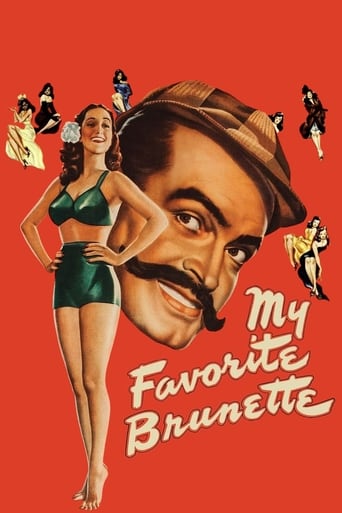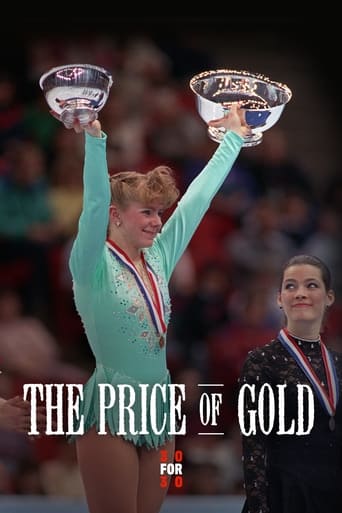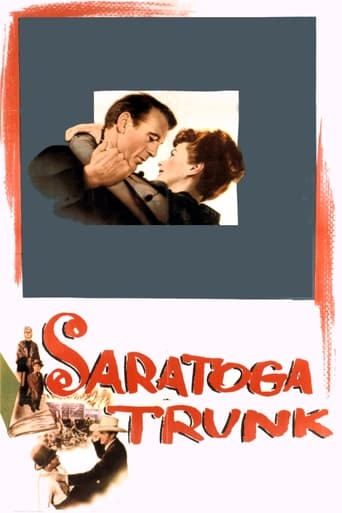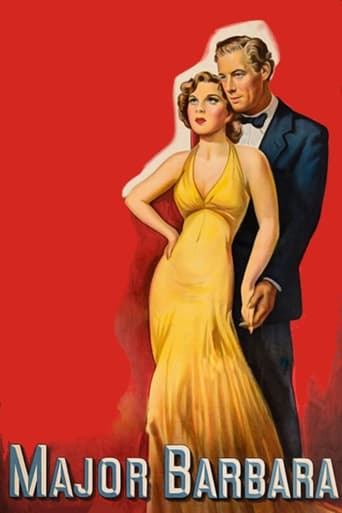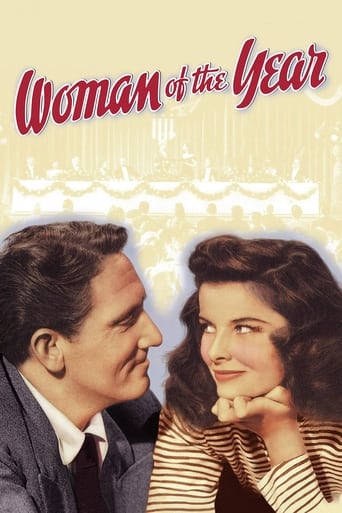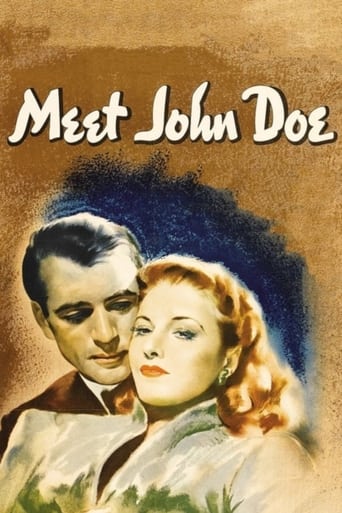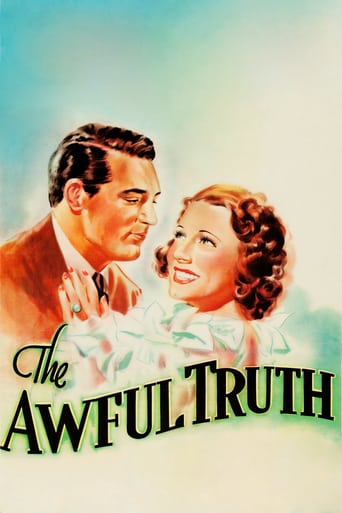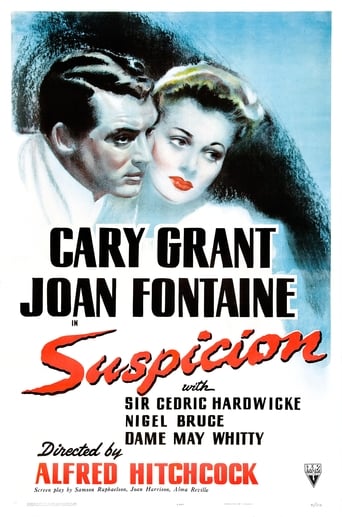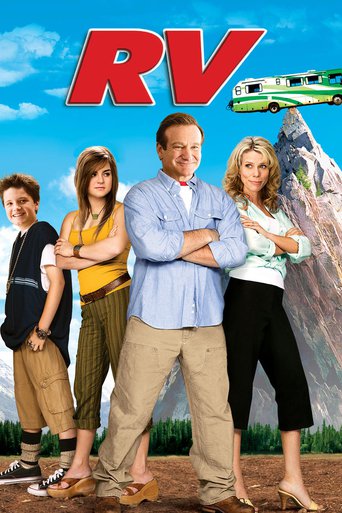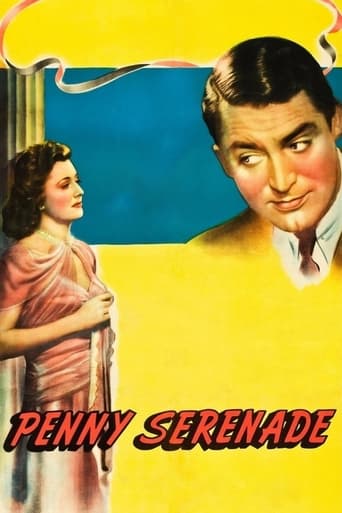


Penny Serenade
Julie and Roger are a love-struck married couple who desperately want to have a child. Tragedy after tragedy gets in their way, as the two attempt to rise above their troubles and fulfill their dreams of parenthood.
-
- Cast:
- Cary Grant , Irene Dunne , Beulah Bondi , Edgar Buchanan , Ann Doran , Eva Lee Kuney , Leonard Willey


Similar titles
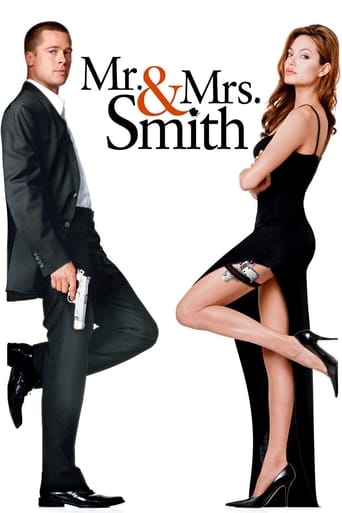

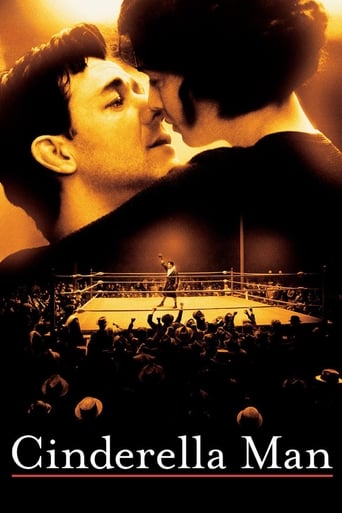
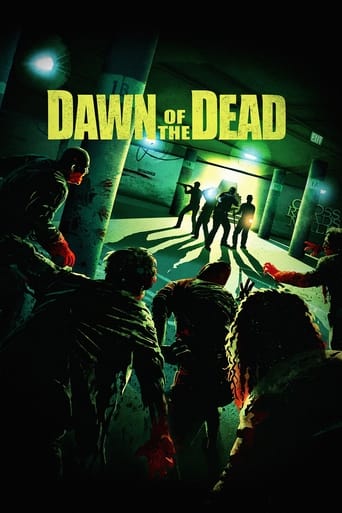
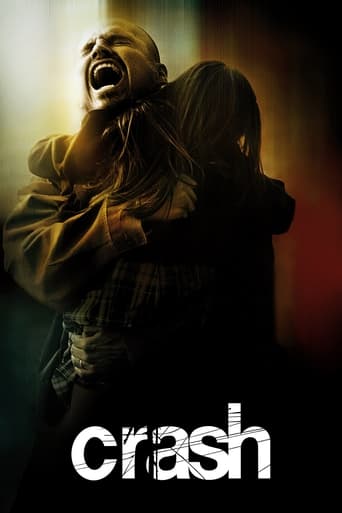
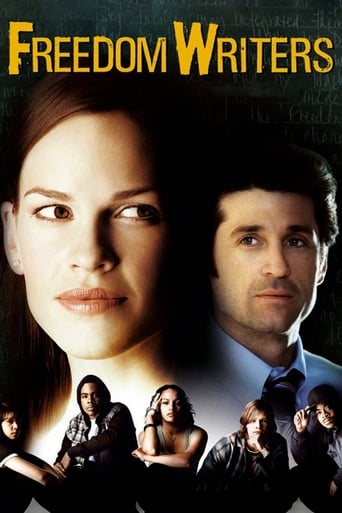
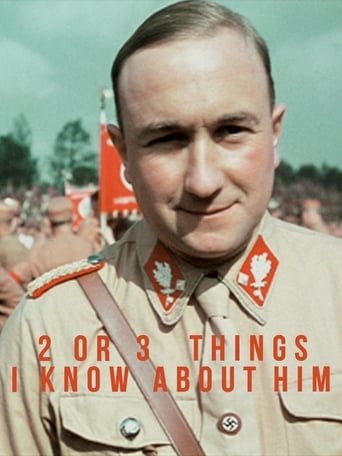
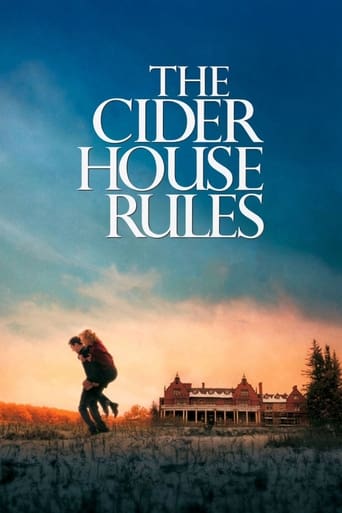

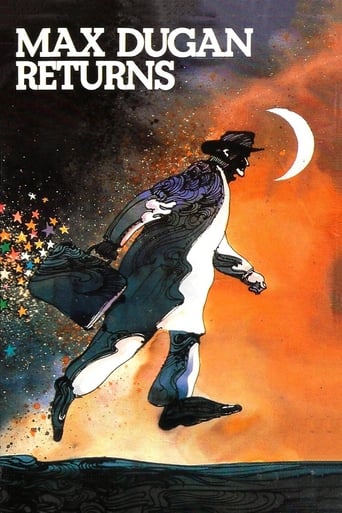
Reviews
A brilliant film that helped define a genre
Great movie. Not sure what people expected but I found it highly entertaining.
Like the great film, it's made with a great deal of visible affection both in front of and behind the camera.
This movie feels like it was made purely to piss off people who want good shows
Cary Grant and Irene Dunne as a married couple with regrets who tearfully plan to part; the wife's recollections of their union (via her phonograph records!) tell the story: they were childless after lucking into the adoption of a six-week-old baby girl, whose health suddenly grows worse in her formative years. Producer-director George Stevens smoothly steers this star-vehicle from light comedy to tragedy without hitting so much as a bump. The comfortable leads obviously do a lot to make the scenario an involving one, though Morrie Ryskind's script, from an original story by Martha Cheavens, is little more than a novelette. Grant received an Oscar nomination for his work; while Dunne works the audience over with sentiment--with faraway eyes and a faraway voice--Grant's honest, forthright husband connects with the audience in a more direct way. His reluctance to take on an infant--a girl even!--has to be nimbly handled so that this character doesn't come off cold or stubborn. Dunne has a standout bit trying to change the baby's diaper with a crowd watching (it's a funny/emotional scene many new mothers may recognize), but Grant's portrait of the 'ordinary man' with money worries and job troubles becomes the focal point of the picture. With Beulah Bondi as the adoption agent (she's directed to glow with grandmotherly warmth and yet look upon this couple with skepticism, often in the same scene) and Edgar Buchanan, who uses his humorous brand of cracker-barrel wisdom to get through a baby-bath. **1/2 from ****
The film reunites Irene Dunne and Cary Grant for the third and the last time, after their successful pairing in Leo McCarey's THE AWFUL TRUTH (1937) and MY FAVORITE WIFE (1940). Under the tutelage of George Stevens, PENNY SERENADE is a good-natured and polished melodrama where mishaps and glee alternately emerge around an average couple Julie (Dunne) and Roger Adams (Grant). Opening with Julie assuming her deliberated departure from Roger in medias res, the narrative consists of a nexus of chronological flashback segued by various melodies in an album coined "The Story of a Happy Marriage" playing from the phonograph, as signifiers to Julie's memories, how a tuneful and glitched YOU WERE MEAN FOR ME brings Roger to her life, their sequential romance, a spur-of-the-moment marriage and their spell in Japan due to Roger's work where a seismic shock (both literally and metaphorically) leaves an irremediable missing link in their otherwise content life. Back to US, Roger starts his print business from the scratch in a small town, that missing link will be mended through adoption, a new life is put into their care and they must get familiar with parental skills (where we get great comedic moments in its slice-of-life simulation) and fight for their baby girl against their unstable financial situation, only to come in for another hammer blow that will (almost) sabotage their marriage, if not for the problematic and expedient ending, the fond memory of a departed can be so quickly and miraculously displaced by the arrival of a new one, is it a blind faith deeply entrenched in the psyche of America at then or that marriage is so unbearable if not for the presence of an offspring? One would gratingly wonder. Save for that reactionary deus ex machina, the film is a heartfelt blessing from Hollywood-land in a less glamorous and often depreciated genre of melodrama, the two leads give sterling performances here, both shorn of star vanity and completely carry the rather corny story on their own shoulders and shore it up with significant effort to sustain a touching but also realistic vibe that transmogrifies the picture with enduring charisma and yesteryear nostalgia. Cary received his first-ever Oscar nomination for this picture, his Oscar moment is that earnest plead in front of the judge, which rarely emblazons his dramatic showmanship to great extent, but Dunne, admittedly, is the fulcrum of the film here, she is self-deprecating but never shy of inner strength and orthodox femininity, quite a leading lady in her early 40s, why isn't she more worshiped by new generations? She is the convention-bucking heroine of a sexism business and an impressive 5- times Oscar nominee. Also, Edgar Buchanan and Beulah Bondi both need a shout-out for their supporting turns, the former's uncle Applejack is the bee's knees every family needs whereas the latter is so primly respectable by her sheer appearance as the rule-breaking head of the adoption faculty, lastly, to sing a little praise to director George Stevens, what an even-handed actor's director he is, his style is un-showy but after all, it is the torrid human emotion gets our attention and keeps us watching closely to his performers, that is a different kind of cinematic expertise which no one can deny.
I remember first seeing this film on the early, early morning movie as a very young child in the 1960s. It was the first Irene Dunne movie I ever saw and she was of particular interest to my older family members since she hailed from our hometown of Louisville, KY. I think the most masterful scene (the one that displays George Stevens' qualities as an auteur the best) is the train sequence when Roger and Julie have just been married but Roger must leave immediately to take up his assignment in Tokyo. To leave Julie without benefit of a honeymoon is too much for both her and the audience to bear. What complete romance, he makes good his promise and gets her off at the next stop. Notice the sign on the train platform viewed from the train window indicating just how far this young couple has traveled through the night on their impromptu honeymoon. They are in and we are out. All is left to the imagination and there is nothing more romantic nor sexier than that. And lo and behold, when Julie is finally reunited with Roger in Tokyo she informs him of their impending parenthood. A successful honeymoon indeed!
Grant and Dunne give terrific performances, but the film is VERY selective about the events it shows versus the events it leaves out... Perhaps that is the point; to show us that when our memories are tied too closely to music, they end up something of a muddled mess... The script spends ages on silly sequences with creaking staircases and a baby being given a bath (much as I loved the character of Applejack, the scene doesn't need to go on so long to show the audience that he is a more 'instinctive' parent than either one of our main couple prove to be... ) and yet, the most meaty plot development - the death of a child - is handled IN A LETTER?! Perhaps the Hayes Code couldn't be too graphic, but surely there are more poignant ways of communicating such a tragedy? It's the same with the resolution, too - they are broken up by the loss until they get the offer of a second child... and then the movie acts as though this is the fix that cures everything!! We've invested our time in a kid you're prepared to forget about as soon as another one comes along; another one that we DON'T EVEN GET TO SEE! Pick a tone and stick with it; it's by turns both screwball and tragic - and it does neither one of them very well. There're a lot of good scenes played well by the main couple, but these little snapshots don't all blend well into a satisfyingly cohesive, whole movie.

